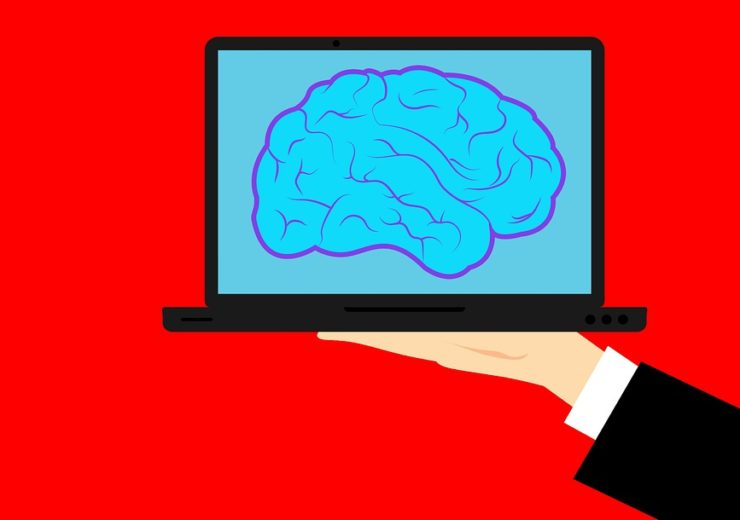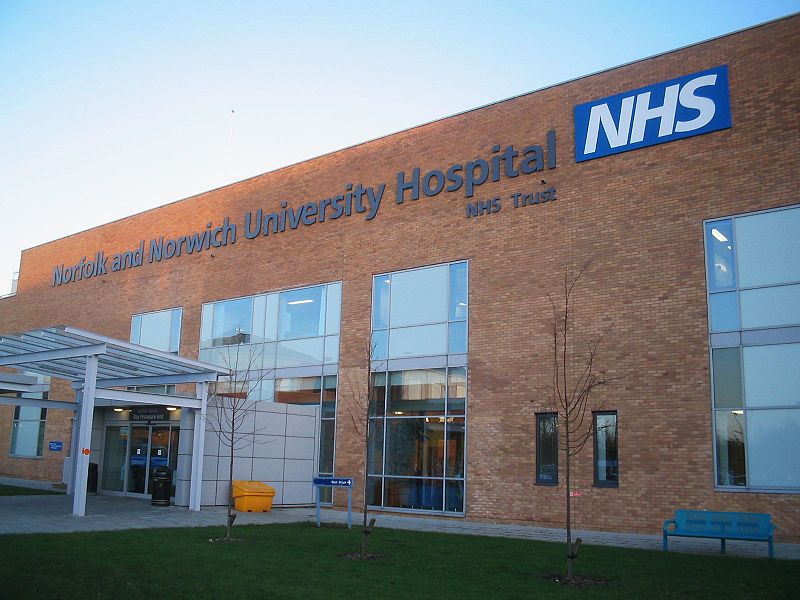Speech recognition, robotic process automation and machine learning are all ways in which many NHS trusts are deploying AI technology into their services

Artificial intelligence can be used to complete repetitive, time-consuming tasks and make healthcare services more efficient
More than half of 61 NHS trusts are using artificial intelligence technology to improve patient care and ease the strain on healthcare resources and staff, new data shows.
Some 16% of the trusts are also planning to deploy AI in their services within the next two years, while 75% have appointed an AI leader to co-ordinate and oversee its use.
Patient care, diagnostics and pharmacies are among the areas where healthcare providers are increasingly harnessing technologies like natural language processing and machine learning.
The figures were uncovered in a request under the Freedom of Information (FoI) Act – which enables access to recorded information held by public sector organisations in the UK – made by US cloud data services and data management company NetApp.
NetApp CEO and president George Kurian said: “Artificial intelligence has limitless potential in healthcare services and it’s encouraging to see the technology being used in half of these NHS Trusts.
“As healthcare moves towards preventative treatment and personalised medicines, artificial intelligence leaders in the NHS have a complex challenge to break through cultural and organisational barriers when it comes to providing healthcare professionals the access to data they require.
“Progress is being made and the further deployment of AI-powered technologies – such as speech recognition and machine learning – will alleviate pressure on staff, accelerate innovation and reduce costs.”
Is there room for improvement in how the NHS uses technology?
Of the 32 NHS Trusts (52%) already deploying AI, 28% use speech recognition technologies, 25% have adopted robotic process automation (RPA) – which uses computers to complete menial tasks automatically – and 13% have integrated machine learning.
But the FoI request found only a third of the NHS trusts have full access to the data required to properly deploy AI.
Kurian said: “The world of artificial intelligence starts with data, and we are helping healthcare organisations simplify data services and build their data fabrics.”
Some 41% of respondents said they have invested up to £100,000 ($133,000) on AI, with an additional 10% investing up to £500,000 ($667,000). One trust spent between £500,000 and £1m ($1.3m).
However, 39% of the trusts that responded have not yet invested financially in any AI projects.
This comes after the UK government’s announcement in August 2019 that it planned to invest £250m ($334m) into artificial intelligence in the NHS.

UK health secretary Matt Hancock said this would be spent on a national AI lab to improve the lives of patients.
It will bring together the industry’s best academics and specialists, as well as technology companies, to tackle healthcare challenges such as early cancer detection, new dementia treatments and more personalised care.
The lab sits within NHSX – a joint NHS unit overseeing the digitisation of the healthcare system, including the use of new technologies and data.
